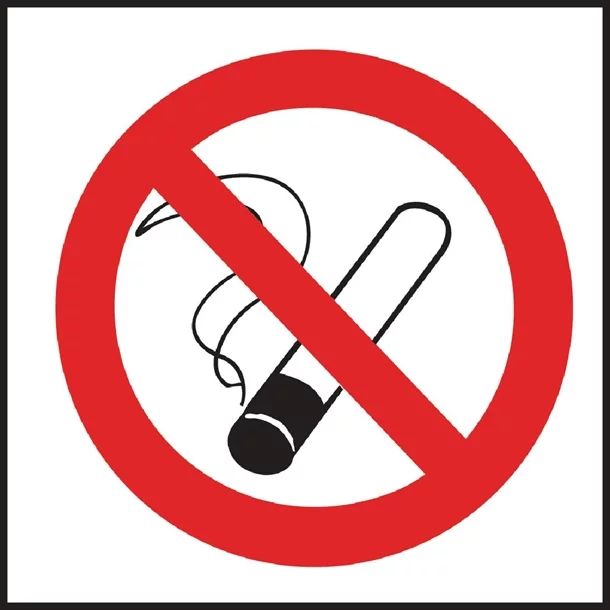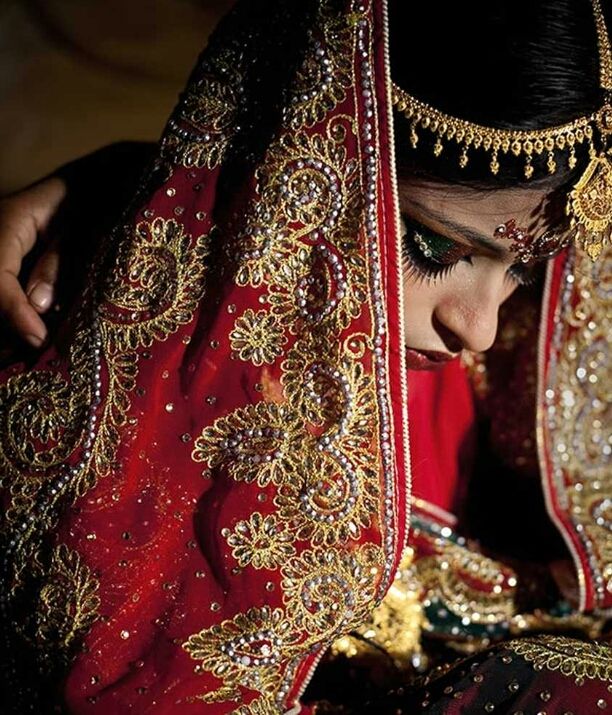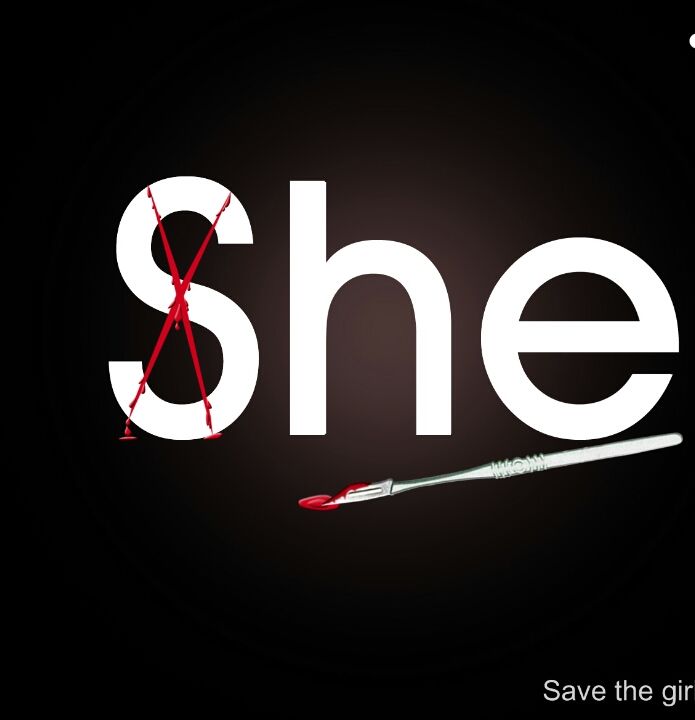A 19th Century Indian Woman
Jun 17, 2019 • 56 views
Today when we hear names of Radhika Vaz, Nirmala Sitharaman, Jayalalithaa, Jhumpa Lahiri our faces beam up with pride.
But such wasn't the case with a 19th century Indian woman. Her life was a lot different than yours and mine. She was expected to abide by the many norms society bestowed upon her, breaking which she was seen in bad eye.
1) No Smoking and drinking
Yes, smoking and drinking are injurious to health and one mustn't smoke/drink irrespective of their gender, but a 19th century Indian girl was particularly expected to not smoke/drink (Women still are in India) while the male counterparts were busy having a Bidi and drinking daaru.

2) No Vote
Voting came to India with the country's independence in 1947 when for the very first time both men and women were given an equal right to cast their opinion in the polls.
3) Child marriage
Again this is present till date so you can imagine the plight of a 19th century woman! Girls as young as 10 year olds were tied in a relationship with men much older than them and at the age of playing with dolls they were made to do household chores.

4) Female Infanticide
There has been significant drop in the female infanticide rates since 2011 but during the 19th century this was common. Women were considered a burden on their family and many a times killed in the mother's womb.

5) Expected to be stay-at-home moms
Women during those days had their roles limited to being mothers and weren't supposed to venture out of the house except in cases of specific needs. They were expected to raise a family, take care of the in-laws and not to forget be a doormat to her husband.
6) Dressing Style
The girls were from the beginning dressed up in sarees and forbidden from wearing any western outfit. Even if there was scorching heat outside they had to do with this attire. Why you may ask?? To appear 'modest' according to the society(obviously a stamp from society is needed on everything).
Are the conditions of women any better in 21st century?
Even though many of these things are present till this date, especially in Villages, women have come a long way from that backward time.
Their participation both in the workforce as well as their enrollment in schools have increased. Women now occupy important posts in our country and have changed the old thinking "Larki Hein Kya Karegi?" to "Larki hein sab kuch kar sakti hein".
Social evils like dowry, child marriage, female selective pregnancy terminations and abuses are still rampant in the society which shouldn't be considering that this is 21st century the age of high-end technology.
Until and unless strict actions are taken against such malpractices, a very thin line differentiates the plight of a 19th century to that of a 21st century.
Image Courtesy- Google
